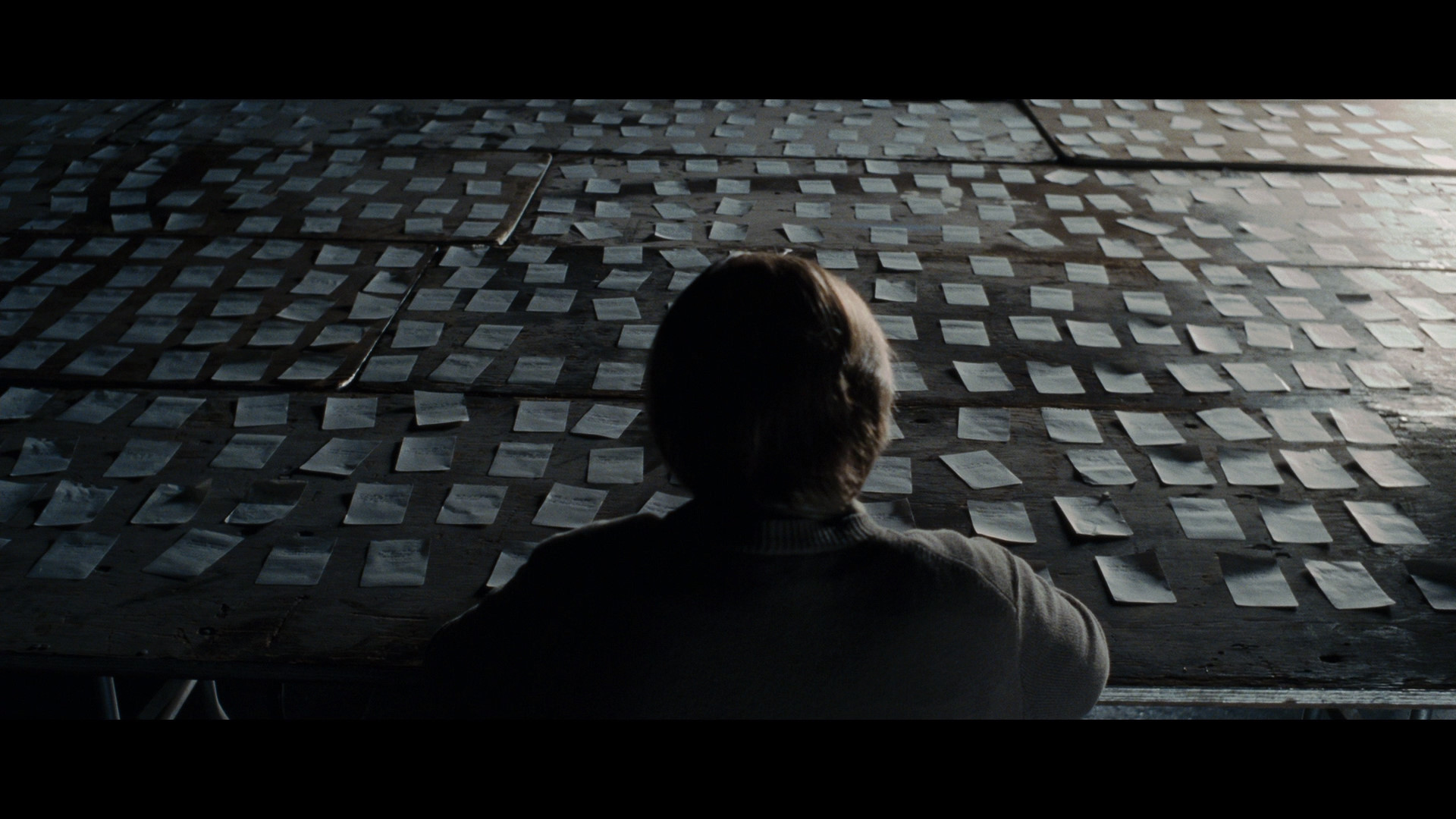Synechdoche is a word that I'm quite a fan of; which is strange, because I don't have the clearest understanding of it. What I know of Synechdoche is that which is occasionally taught in an english class (i.e. dictionary definition: a figure of speech in which a part is made to represent the whole or vice versa.) and the film: Synechdoche, New York, which embodies the dictionary definition as a film that can be synonymous with memento mori. So what else could be added on to this definition? Well, I had never looked at it from a rhetorical stand point before.
The essential rhetorical understanding about synechdoche I got from Killingsworth's Appeal Through Tropes is that the main function of synecdoche in all cases is to simplify and focus the attention. It is a device of emphasis. This definition harkens back to one of our prior theorists: Kenneth Burke, who called the rhetorical use of examples "representative anecdotes." While representative anecdotes aren't always synechdoches, synechdoches are always representative anecdotes. This is particularly effective at aiding your argument. One good example I could think of is the dispersement of knowledge. A well-known synechdoche for that is Plato's cave allegory. It's essentially this idea that humans (their mind in particular) live in caves and that one day someone leaves the cave, discovers the world out there, and comes back to let everyone know. This is how knowledge is spread and how it should be spread. It's not literal, because we generally don't live in caves, but it's a representative anecdote that gets the point across.


1 comment:
I was totally with you until you got to your explanation of the Allegory of the Cave. You're right in that it is a synecdoche, but it is a representation for how language can never actually communicate what personal experience can. If one man leaves the cave, then comes back and tries to explain what he saw and experienced, his friends in the cave will not be able to comprehend what he is telling them.
I did like this breakdown of synecdoche, though. You're right. It is a great word. I like to pronounce it as sign-ec-doch, with a hard CH sound, not just another way to make a K sound.
Post a Comment
Note: Only a member of this blog may post a comment.